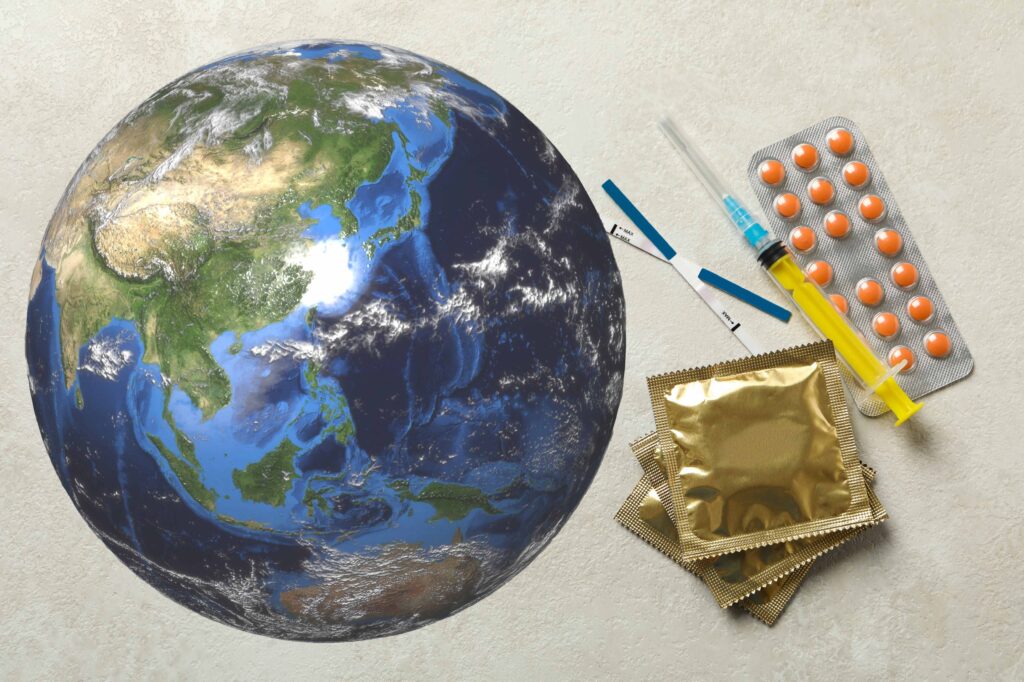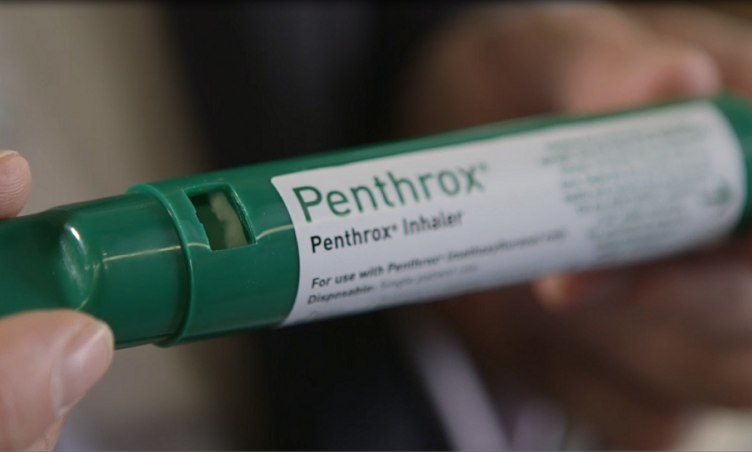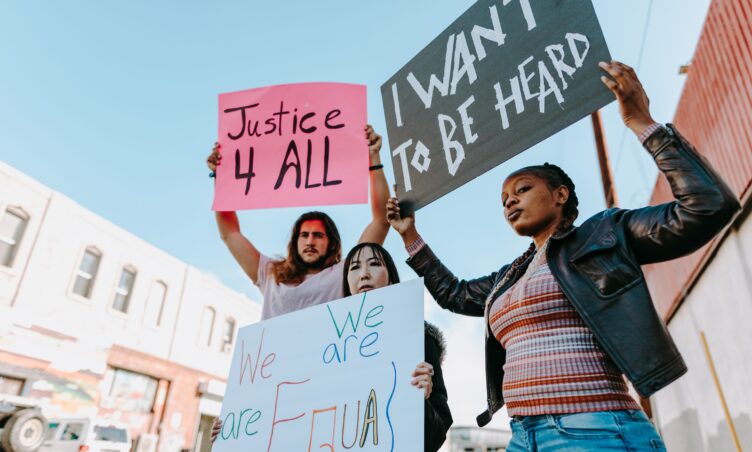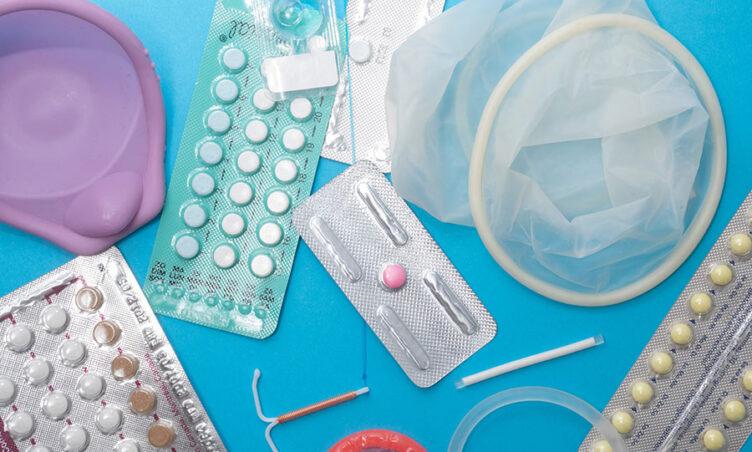15 years of World Contraception Day

Since 1960, people have had access to a variety of hormonal and non hormonal contraceptives. This has empowered women to more freely decide on the timing of their education, careers, relationships, pregnancies and parenting, as well as manage many health concerns.
However, unintended pregnancy rates continue to be high around the world. In countries with restricted abortion access, women may resort to unsafe practices that increase the maternal mortality rate each year. Contraception is a vital tool for global public health equity, and there is clearly unmet need for contraception access that must be fulfilled.
How many people need contraception internationally?
- There are 1.9 billion women of reproductive age (15-49 years) worldwide
- 1.1 billion women need contraception;
- Only 842 million women use contraception;
- 270 million women have an unmet need
- 75% of women are using modern methods of contraception globally
- In the least developed countries, use of contraception increased from 39% in 2000, to 59% in 2018
- In 2018, 45 countries including 27 sub-Saharan African countries have less that half of women using contraception
- There were 121 million unintended pregnancies from 2015-2019
- 255 million women who want to plan their pregnancies lack access to modern abortion methods, leading to maternal and infant mortality
- Maternal mortality is the leading cause of death among women of reproductive age around the world
The History of World Contraception Day 26th September
23 September 2007
UN experts at the office of the United Nations High Commissioner for Human Rights in Geneva released a statement;
“Access to family planning and contraception services, free from coercion or impediment, is a component of the right to health that is central to women’s autonomy and agency and key in the realization of women’s right to equality and non-descrimination, life, sexual and reproductive health rights and other human rights.”
26 September 2007
10 international family planning organisations joined together to raise awareness about contraception, working towards a vision where every pregnancy is wanted. The World Contraception Day mission is to:
“improve awareness of contraception and to enable young people to make informed choices on their sexual and reproductive health.”
The present day
There is a coalition of 15 NGO international government organisations and scientific medical societies spreading the right knowledge about sexual and reproductive health.
Remarks from Dr Alaka Singh, a WHO Sri Lanka representative on World Contraception Day 2021 detail the importance of contraception access in all aspects of contemporary society:
“Improved access to low-cost contraception and its uptake through family planning programmes has reduced high-risk pregnancies; maternal and child mortality; teen and unplanned pregnancies; and, improved child health and nutrition. Modelling exercises have found that contraceptive use may have reduced maternal mortality by over 40%…
It is important to note that the impact of family planning is beyond health. It is multisectoral and even intergenerational. It is well documented that improved child health and nutrition has the potential to positively influence academic performance and behavior. In turn, education is a key determinant of the uptake and consistency in use of family planning services. Estimates for the economic impact of family planning have found that $3.6 billion a year spent on providing contraception to all those who want them has a potential of an annual return of $432 billion. A return of $120 for every dollar spent. Further, family planning is increasingly being identified as a cost-effective approach in climate change resilience strategies.”
The future
By 2030, the United Nations’ Sustainable Development Goal Target 3.7 is:
“to ensure universal access to sexual and reproductive health care services, including family planning, information and education and the integration of reproductive health into national strategies.”
If you want to know more about your contraception options please review our website.
There are 10 choices that include hormonal or non-hormonal options, with long or short term methods available.
If you are looking for a contraception service, you can search for a provider in your local area or call 1800 696 784 for confidential, free and non-judgmental pro-choice advice.






